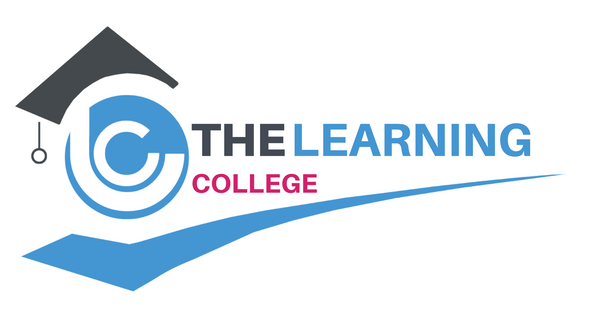Becoming a Teaching Assistant (TA) is one of the most rewarding ways to make a real difference in children’s lives. Whether you're supporting learning in the classroom, helping pupils with special needs, or assisting teachers behind the scenes, the role is both varied and impactful. But what does a Teaching Assistant actually do and what does the path to becoming one look like?
In this guide, we’ll explore the key responsibilities, essential skills, and potential career progression available to TAs in the UK.
What is the Role of a Teaching Assistant?
A Teaching Assistant supports teachers in the classroom and helps pupils to learn effectively. TAs play an essential role in both primary and secondary schools, often working with individual students or small groups to ensure they stay on track.
Typical Day-to-Day Duties of a Teaching Assistant Include:
Supporting pupils' learning: Whether working one-to-one or in small groups, TAs reinforce what the teacher is delivering by helping students understand and complete tasks.
Assisting children with Special Educational Needs (SEN): Many TAs work closely with children who have learning difficulties or disabilities, providing tailored support and helping them feel included.
Managing behaviour: TAs help maintain a calm and focused classroom environment, intervening where needed and supporting behaviour management strategies.
Preparing learning resources: From photocopying and cutting materials to creating displays and worksheets, TAs help ensure lessons run smoothly.
Supervising outside the classroom: This might include break duties, lunch supervision, and assisting on school trips or enrichment activities.
Every day is different, and the variety is what makes this role both dynamic and fulfilling.
Skills and Qualities That Make a Great Teaching Assistant
You don’t need a teaching degree to become a TA, but certain personal skills are essential to thrive in this profession.
Top Skills for a Teaching Assistant:
Patience & Empathy: Every child is different. Some may struggle with attention, others with confidence. A calm, understanding attitude is key.
Strong Communication: You’ll be communicating with children, teachers, and sometimes parents, so being able to express yourself clearly is crucial.
Adaptability: One minute you might be reading with Year 2, the next you're helping a Year 6 pupil with maths. Flexibility is a must.
Initiative: Teachers are busy, TAs who can anticipate needs and act without constant instruction are hugely valuable.
Passion for Education: A genuine desire to help children grow and succeed is what sets the best TAs apart.
How to Become a Teaching Assistant in the UK
There’s no one-size-fits-all route to becoming a TA, but most schools look for candidates who have completed a recognised qualification, particularly if you’re applying for a permanent role.
Common Teaching Assistant Qualifications:
Level 2 Certificate in Supporting Teaching and Learning
Level 3 Certificate in Supporting Teaching and Learning
Specialist TA courses, including SEN-focused qualifications
Many aspiring TAs choose to study via online distance learning to fit training around work, family, or other commitments.
At The Learning College, we offer fully accredited Teaching Assistant courses online that can be completed at your own pace, with full tutor support.
Career Progression for Teaching Assistants
Working as a TA is often a stepping stone to bigger roles within education. As you gain experience and additional qualifications, you may choose to progress into:
Higher Level Teaching Assistant (HLTA) – a more advanced TA role with greater responsibilities, sometimes leading small group sessions independently.
Special Educational Needs (SEN) Support Roles – specialising in working with children who need additional help.
Teacher Training – many TAs go on to complete teacher training programmes such as PGCEs or SCITTs.
If you're passionate about helping others and want a role with real purpose, this is a brilliant starting point.
Is a Teaching Assistant Role Right for You?
If you’re patient, caring, and eager to contribute to a child’s learning and development, the answer is likely yes.
Becoming a TA allows you to:
Make a meaningful impact every day.
Work flexible hours are ideal for parents or those changing careers.
Gain valuable classroom experience while training.
Enter a profession with clear career progression routes.
Take Your First Step Today
Whether you’re just starting out or looking to formalise your experience with a qualification, The Learning College can help. We offer flexible, affordable Teaching Assistant courses online—perfect for those ready to take the next step in their education career.
Have questions or unsure which course is right for you? Speak to a member of our team today.












